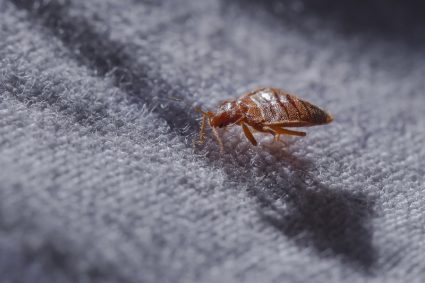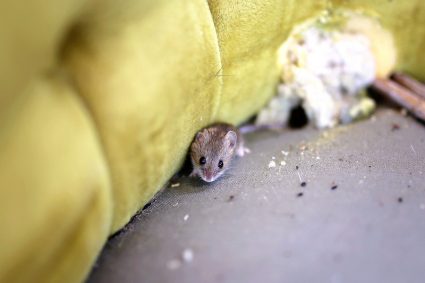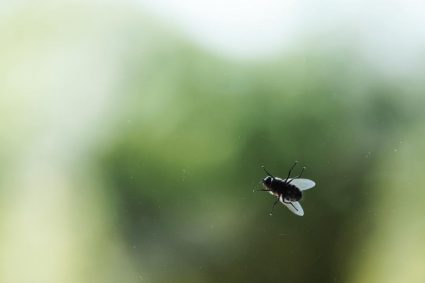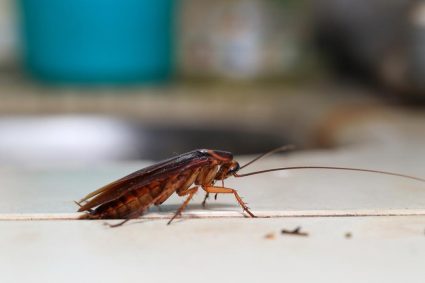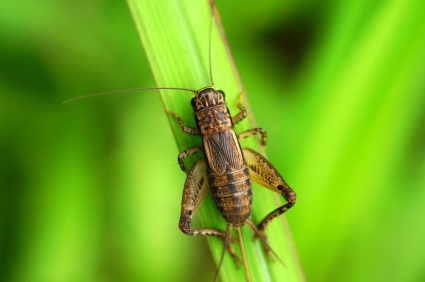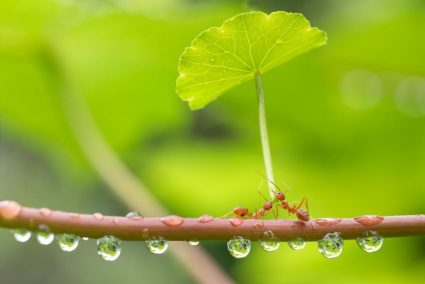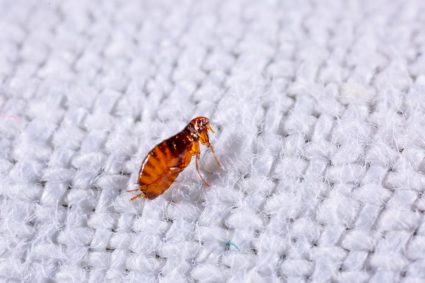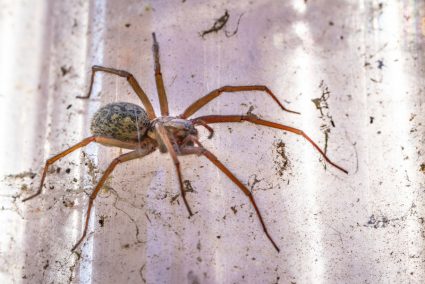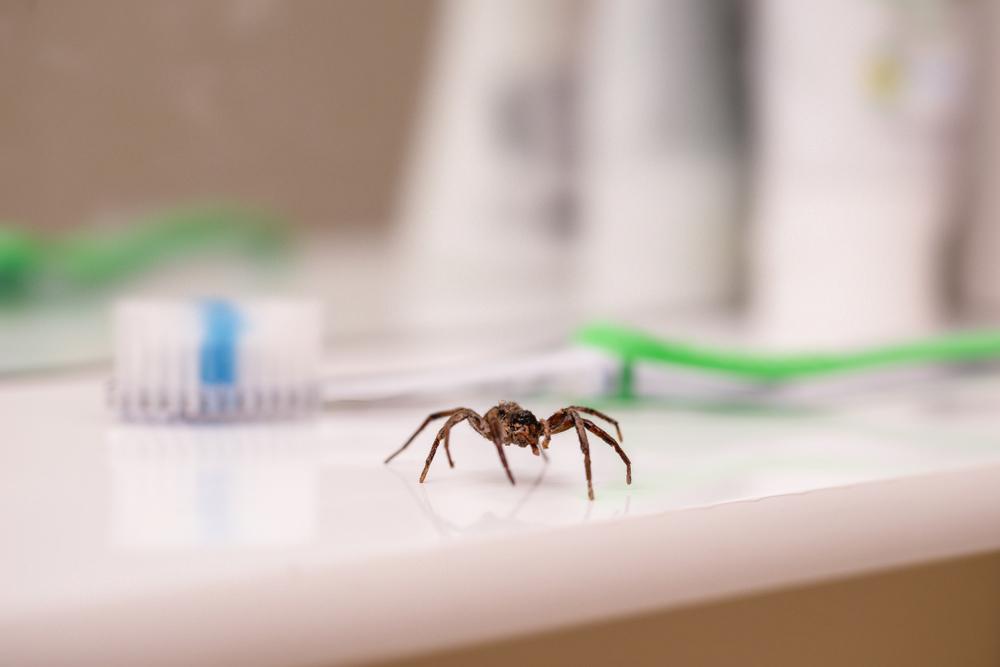
Spider repellents are substances designed to deter spiders from occupying a certain area. They are part of a broader category of products known as insect repellents, which are designed to prevent, destroy, repel, or mitigate pests. However, unlike pesticides, they are not designed to kill pests but rather make the area less attractive to them.
Spider repellents are substances designed to deter spiders from occupying a certain area. They come in various forms including sprays, scent pouches, ultrasonic devices, and natural repellents made from ingredients like essential oils, vinegar, and chestnuts. The effectiveness of these repellents can vary, and they should be used with caution due to potential health and environmental risks.
Types of Spider Repellents
Spider repellents come in various forms, each with its unique advantages and disadvantages. Here are some of the most common types:
Sprays
Sprays are one of the most common forms of spider repellents. They are easy to apply and can be sprayed directly onto surfaces where spiders are commonly found. Some of the best spider repellent sprays include Wet & Forget Miss Muffet’s Revenge, Terror Ready-to-Use Spider Cobweb Eliminator and Repellent Spray, and Star Brite Spider Away.
Scent Pouches
Scent pouches are filled with scents that spiders find repulsive. They are a good option for those who prefer not to use aerosols or liquids. One of the best spider repellent scent pouches is the EarthKind Stay Away Spiders Deterrent Pest Control Scent Pouches.
Ultrasonic Devices
Ultrasonic devices use sound wave technology to deter spiders. The Amiaedu Ultrasonic Pest Repellers are a good example of this type of repellent.
Natural Repellents
Natural repellents are made from natural ingredients like essential oils and vinegar. They are a good option for those who are concerned about the environmental impact of their repellent. Some of the best natural spider repellents include essential oils like lavender, peppermint, eucalyptus, tea tree, and citronella, as well as vinegar and chestnuts.
Key Ingredients in Spider Repellents
The key ingredients used in spider repellents are often essential oils and other natural substances that spiders find unpleasant. Some of the most common ingredients include:
- Peppermint essential oil: Spiders dislike the smell of peppermint, and it can be used in a spray to deter them from entering your home.
- Citrus essential oils (lemon, orange, lime): Spiders are also repelled by citrus scents, making these oils effective in spider repellents.
- Tea tree essential oil: This oil has a pungent scent that spiders hate and contains naturally occurring compounds that repel insects, including spiders.
- Eucalyptus essential oil: Another oil that can be used in spider repellents due to its strong scent that spiders dislike.
- Vinegar: Vinegar can be mixed with water and dish soap to create a spider repellent spray.
- Chestnuts: Spiders are repelled by the scent of chestnuts, so placing them around your home can help keep spiders away.
- Cedar wood: Cedar acts as an excellent spider repellent, so incorporating cedar items in your home can help deter spiders.
- Lavender: Spiders dislike the smell of lavender, making it another effective ingredient in spider repellents.
DIY Spider Repellents
For those who prefer a more natural approach, there are several DIY alternatives for spider repellents. Here are some of the most effective methods:
- Peppermint Oil: Fill a spray bottle with water and 10-15 drops of peppermint essential oil and spray in places where spiders tend to hide.
- Citrus Scents: Rub orange or lemon peel along skirting boards, window sills, and bookshelves. Use lemon-scented cleaners and furniture polish, and burn citronella candles both inside and outside of your home.
- Vinegar: Fill a spray bottle with half white vinegar and half water and spray in corners, cracks, and crevices. Be careful to avoid varnished surfaces as it can cause damage.
- Cedar Wood: Cedar acts as an excellent spider repellent. Incorporate as much cedar into your house as possible. Fill your closet with cedar hangers or keep your clothes in a cedar chest. Place cedar blocks inside dressers, drawers, and other small spaces where spiders might dwell.
- Dish Soap: A mixture of water and liquid dish soap can also repel spiders. Dish soap disturbs the egg cycle of spiders, and the insects strongly dislike citrus scents—lemon, lime, or orange-scented soap will do the trick.
The Effectiveness of Spider Repellents
The effectiveness of spider repellents can vary greatly depending on the type of repellent and the species of spider. Some natural spider repellents, such as those made from essential oils like peppermint, lavender, and citronella, have been found to be effective against certain species of spiders. However, other natural repellents, such as those made from lemon oil, have been found to be ineffective. Commercial spider repellents, such as the Mighty Mint Spider Repellent, have received positive reviews from customers, indicating that they can be effective in repelling spiders.
Health and Environmental Risks
While spider repellents can be effective in keeping spiders at bay, they should be used with caution due to their potential health and environmental risks. Many spider repellents contain DEET (N,N-diethyl-meta-toluamide) as their active ingredient. While DEET is effective in repelling bugs, it can cause a range of symptoms if ingested or inhaled in large amounts. In addition to DEET, other pesticides used in spider repellents can also pose health risks. Pesticides are toxic and can be hazardous to humans, animals, and other organisms.
From an environmental perspective, the use of spider repellents can have negative effects on local flora and fauna. Broadly applied spider repellents can disrupt ecosystems and allow only the hardiest of pests to flourish with unlimited resources.
Conclusion
In conclusion, spider repellents can be a useful tool in keeping spiders at bay. However, they should be used with caution due to their potential health and environmental risks. It’s important to follow the instructions on the product label to minimize exposure and risk. If possible, consider using natural repellents or other non-chemical methods of spider control to reduce these risks. Remember, while these methods can help repel spiders, they are part of a larger ecosystem and help control other bugs. Most spiders are harmless and even beneficial, so consider tolerating their presence whenever possible.
Frequently Asked Questions
What are the signs that I might need a spider repellent?
Signs that you might need a spider repellent include seeing large numbers of spiders, finding spider webs in corners or other areas of your home, or noticing signs of a spider infestation, such as spider eggs or droppings.
Can I use spider repellent on my skin like a mosquito repellent?
No, most spider repellents are not designed to be applied to the skin. They are typically used to treat areas where spiders are likely to be found, such as corners, crevices, and other hiding places.
Are spider repellents safe for pets?
Some spider repellents may be harmful to pets, especially if they are ingested or inhaled. Always check the product label for safety information before using it in a home with pets. If in doubt, consult with a veterinarian.
How often should I reapply spider repellent?
The frequency of application can vary depending on the product and the severity of the spider problem. Always follow the instructions on the product label for the best results.
Can I use spider repellents outdoors?
Yes, many spider repellents can be used both indoors and outdoors. However, always check the product label to be sure. Some products may be designed specifically for indoor or outdoor use.

